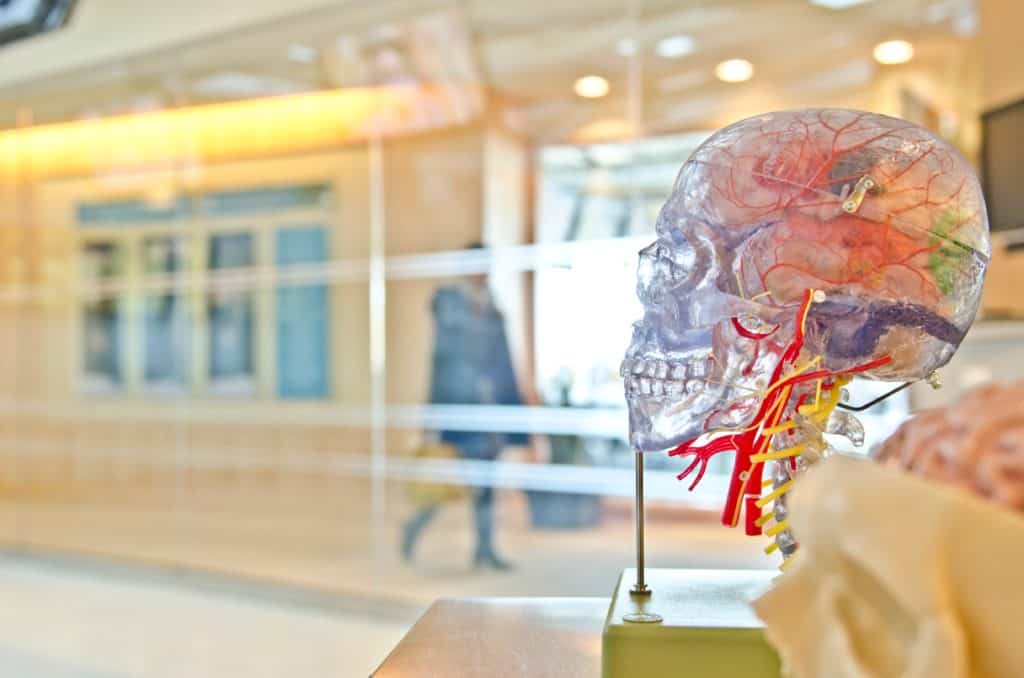We all know how tough it is to work when sleep deprived. It’s hard to make decisions, difficult to communicate with others and can lead to the kinds of sloppy mistakes we’d never otherwise make. While these errors may not amount to much for those of us with standard 9-to-5s, they can spell the difference between life and death for folks with high-stakes jobs in the police or military.
To better understand sleep deprivation’s role in emergency decision-making, the U.S. Department of Defense recently granted a team of researchers from Washington State University’s Sleep and Performance Research Center $2.8 million to embark on a three-year study into the human brain.

The research is funded through the Congressionally Directed Medical Research Programs and is intended to provide the foundation for the development of new measures to counteract the harmful effects of sleep deprivation in critical military operations. In particular, the team at WSU will investigate how restlessness affects cognitive flexibility, the ability for our mind to process and adapt to new information.
“Scientists have known that the striatum is involved in the regulation of sleep deprivation, but they haven’t previously recognized why it is so important for cognitive performance,” WSU Sleep and Performance Research Center director Hans Van Dongen explained to NBC. “Based on our earlier findings, we suspect that the striatum—where the systems that regulate dopamine and adenosine interact—causes these cognitive flexibility issues in people who are sleep deprived.”

To examine these cognitive flexibility issues, researchers plan to observe 90 healthy adult volunteers over the course of three days in their sleep lab. The first night, all the participants will get a full night’s sleep and then complete a cognitive flexibility task. The next evening, they’ll be kept up for 24 hours, after which point they’ll be asked to do a similar task. However, before completing the second assignment, each participant will take either an existing drug that positively affects the striatum or a placebo.
Related: New Research Hints At How Good Sleep Can Improve Your Memory
“Based on their genes, we think people will respond differently to the sleep deprivation challenge and to the drug they’re given, which will impart important information about the brain processes involved,” said Van Dongen.
The test should provide the team with invaluable insight into how sleep loss affects our ability to react in real time to high-pressure situations. And if everything goes to plan, this information will be used to improve the well-being of all those who deal with emergencies on the reg.
You can use me for this study..I been dealing with sleep apnea and I haven’t slept more than 3 or 4 hours a night for years now!!!!!